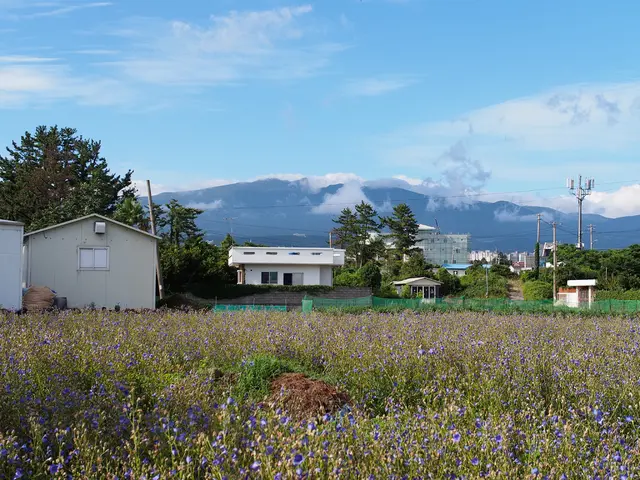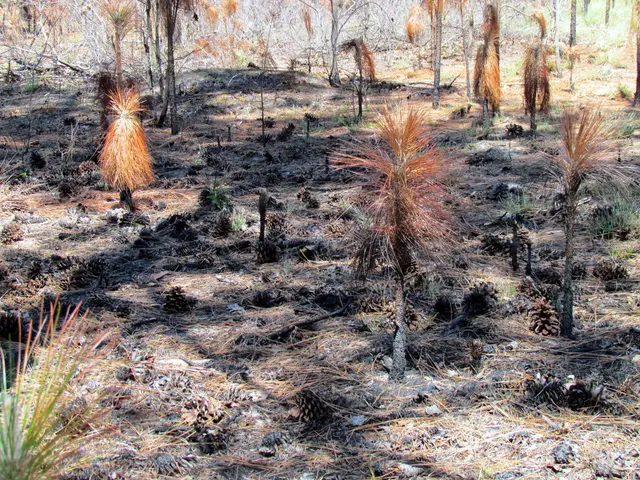The Carbon Challenge in Vertical Farming: Balancing Productivity and Sustainability
Could vertical farming in the UK provide a sustainable solution to food security?
Vertical farming, a method of growing crops indoors in stacked layers, has gained attention for its potential to revolutionise agriculture, particularly in urban environments. This innovative approach to farming has several advantages, including improved resource efficiency and reduced land and water use. However, a critical balance must be struck to ensure vertical farms can contribute positively to the environment.
According to recent research, the carbon footprint of vertical farms is currently higher than that of field-grown lettuce. Vertical farms in the UK produce 0.93 kilogrammes of CO2 equivalent per kilogramme of lettuce, compared to 0.57 kilogrammes for traditional field farms. This discrepancy is primarily due to the energy demands of artificial lighting and climate control systems, as well as the use of jute fibre plugs for growing.
Despite this, there is optimism that the carbon footprint of vertical farming can be significantly reduced with better technology and materials. For instance, switching from jute plugs to alternatives like coconut coir could cut the land footprint by over 95% in vertical farming.
The future success of vertical farming depends on solving the carbon challenge, as it currently may not be the greenest option but has the potential to become a cornerstone of sustainable agriculture with innovation and investment. With 95% of UK winter lettuce currently imported from Spain, vertical farms could play a pivotal role in building resilience against climate change and global supply chain disruptions.
Michael Gargaro, a Postgraduate Researcher at the University of Surrey's Centre for Environment and Sustainability, believes vertical farming has the potential to transform food security in the UK, particularly as climate change places growing pressure on traditional agriculture. Vertical farms rely on carefully controlled environments - temperature, humidity, light, and nutrients - to maximise growth while drastically reducing land and water use. Advocates argue vertical farming could cut transport emissions, reduce dependency on imports, and help countries like the UK secure a reliable supply of fresh produce.
As vertical farming continues to evolve, it is crucial to consider the environmental implications and strive for a balance between productivity and sustainability. With the right innovations and investments, vertical farms could become a vital component of the UK's agricultural landscape, providing fresh, local produce year-round while reducing carbon emissions and bolstering food security.
Read also:
- Benadryl: Impact on Pregnancy, Breastfeeding, and Beyond
- Company manufacturing Plumpy'Nut is thrilled beyond belief!
- Enhancements to Networking in Senior Care, Fedding Positive Experiences for Service Providers and Elderly Residents
- Ileostomy stool caracteristics: What's normal after undergoing an ileostomy?








